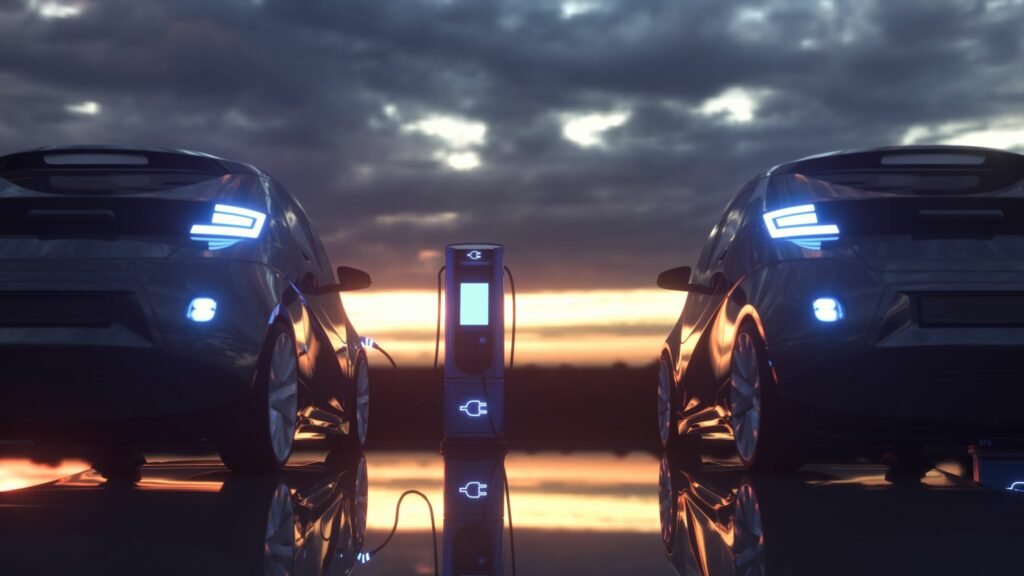Two days after the Delhi Cabinet agreed extending the current framework through December 31, Delhi Transport Minister Kailash Gahlot said on Monday that the city’s revised electric vehicle (EV) policy 2.0 is likely to be completed within a month. “The EV Policy 2.0 project is nearing completion. The stakeholders’ and people’s feedback is now being examined. In order to reduce the amount of vehicular pollution that contributes to the Capital’s poor air quality, our goal is to implement a progressive policy that promotes the continued adoption of electric vehicles, according to Gahlot.
Officials with knowledge of the situation said that by offering incentives for converting conventional fuel-powered vehicles to electric mode, the policy is likely to further encourage the adoption of electric vehicles in Delhi. According to them, the policy’s goal is to have all commercial vehicles used by all types of aggregators be electric by the year 2030.
According to a government official who requested anonymity, “Commercial vehicles are mostly operated under the aggregators, including ride-hailing and delivery services, and make a significant contribution to air pollution, making it important that they switch their entire fleet to electric.” The source proceeded by saying that it is likely that all present incentives that are being tested under the current policy will also continue under the new framework.
The Delhi government currently offers a number of subsidies for the purchase of electric cars, including a waiver of the road tax and purchase incentives of up to 30,000 for two-wheelers, up to 5,500 for e-cycles, and up to 30,000 for e-rickshaws and light commercial vehicles.

According to the official, electric vehicles presently make up about 11% of all vehicles sold in Delhi. The official stated that Delhi currently has around 4,500 private and public EV charging points while outlining the factors that led to the city’s rapid acceptance of such vehicles.
The lieutenant governor’s office sacked 400 “specialists” who were employed by the EV cell, the nodal center for implementing EV policy, according to Delhi government officials, who claimed that this caused a delay in the formulation of the new policy. The LG’s office claimed that the specialists were fired because they had been hired in a “non-transparent manner” and without the required consent of the relevant authority.
The adoption of electric vehicles has undergone a revolution as a result of the Delhi EV policy, according to Amit Bhatt, managing director (India), International Council on Clean Transportation. Therefore, to keep the momentum in favor of EVs, this EV policy must be continued. It will be crucial to keep an eye on the new policy’s specifics as it develops. Included freight vehicles like trucks have the potential to launch in a new era of transportation sector decarbonization, where Delhi may play a leading role.
The Goal of the Delhi EV Policy

The Delhi Electric Vehicle Policy, one of the Aam Aadmi Party (AAP) government’s signature initiatives, was introduced on October 22, 2020, with the goal of reducing vehicular emissions and reducing Delhi’s high levels of air pollution. By implementing two significant modifications, the strategy aimed to accomplish this goal by causing a paradigm shift in the capital’s transportation industry.
First, the state government started a significant transition from CNG-powered public buses to electric buses. Currently, 800 of the 3,700 buses operated by the Delhi Transport Corporation (DTC) in the Capital are electric. Additionally, the government has pledged to replace the CNG buses that will be phased out of the fleet with entirely electric buses.
The second significant move involved enticing locals to switch to electric cars by offering subsidies. By 2025, the initiative wants 25% of all newly registered vehicles in Delhi to be electric.


